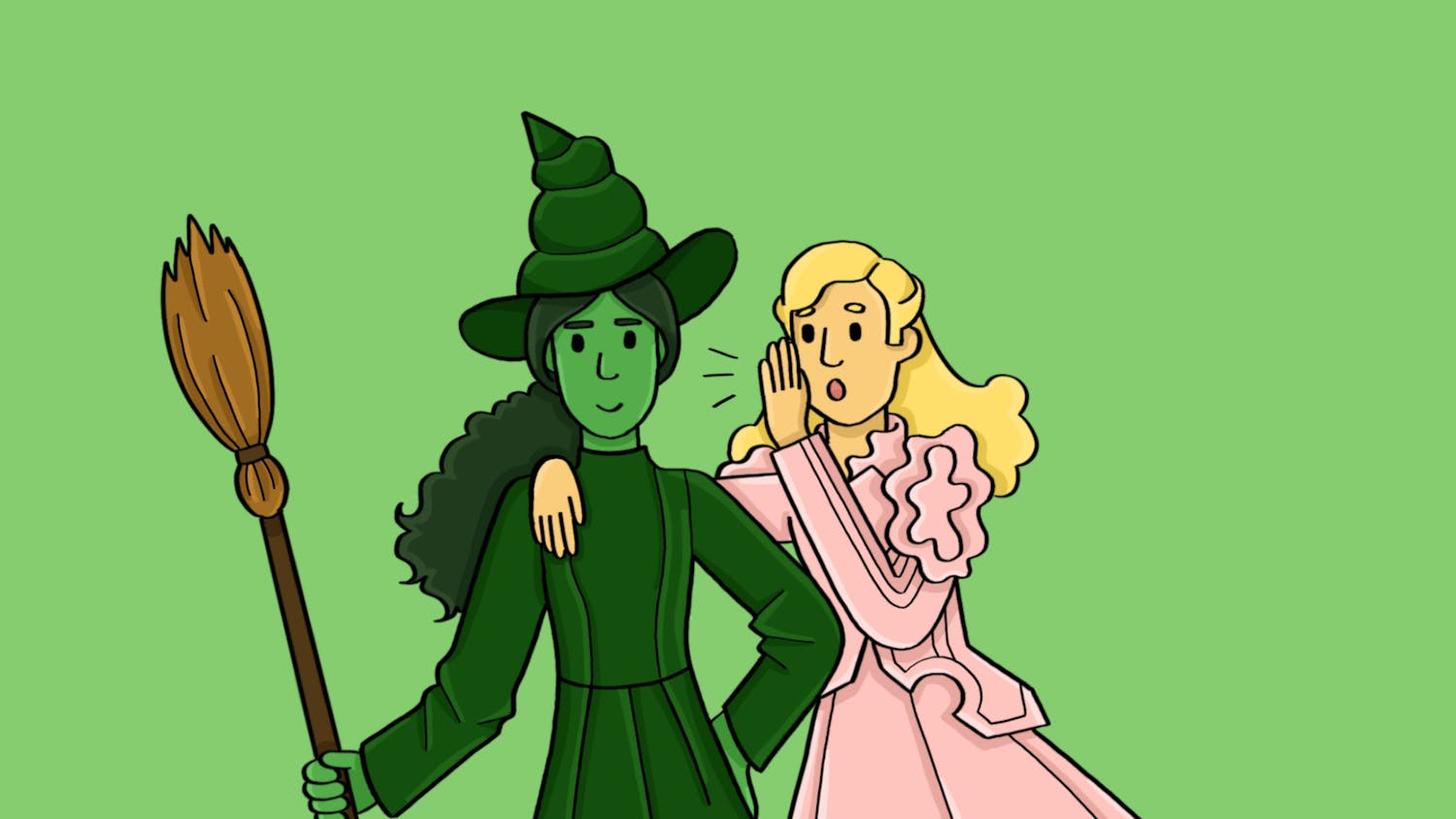“Harry Potter.” “Twilight.” “The Hunger Games.” “The Martian.” What do all of these have in common? The obvious answer is that they are all wildly popular young-adult books, but there is much more to it than that—they are also movie adaptations. They have also hit the big screen in the last two decades.
These are just a few highlights in a whirlwind of contemporary films that have brought literature to life. Movie adaptations are not necessarily unique to this day and age—many a novel-inspired movie have grazed the big screen, from classics like “A Clockwork Orange,”to thrillers like “Jurassic Park.” However, more recent films indicate a rising cultural interest in the young-adult genre. “Harry Potter” is arguably the spark behind this revolution—sorry, Katniss, not this time. The first installment of the series, “Harry Potter and the Sorcerer’s Stone,”premiered in 2001, just four short years after the book was published in the United Kingdom. The film was both a critical and financial success, so naturally, it was only a matter of time before “Twilight” was adapted as well, adding more fuel to this cultural fire that’s burning brighter by the day.
The film industry truly caters to these interests, specifically in how they have followed the trend of recent young adult novels with dystopic themes. “The Hunger Games”is a prime example of this. Since its release in 2012, books such as “Divergent” and“The Maze Runner”have been riding the slipstream of its success. Just look at this fall alone: We are already in the midst of a slew of movie adaptations, from “Maze Runner: The Scorch Trials” and “The Martian”to “The Hunger Games: Mockingjay – Part 2”next month. That’s only a small fraction of the films still to come. The film based off of Rick Yancey’s “The 5th Wave”is set to premiere this January, and an adaptation of Marie Lu’s “Legend”series is also in the beginning stages of production. The focus on young-adult culture has gained considerable momentum with no sign of slowing down.
Recent film adaptations have generated a transformation in cinema, but there is still the overarching question of why. Why adapt these stories, and why now? The most obvious reason is the aforementioned financial successes. “Harry Potter,” “Twilight” and “The Hunger Games”have all shattered records at the time of their releases. Even “The Martian,”which just came out last month, has already raked in hundreds of millions of dollars worldwide. Monetary motivations aside, though, it comes back to the importance of tuning into the interests of the audience. Right now, those interests are aimed at these various forms of the young-adult genre, from the prominence of dystopia and coming-of-age stories like “Paper Towns”just this past summer.
What makes these recurring trends so popular is their apparent appeal to both younger and older audiences. The “Harry Potter” films fit this description well. I still remember going to see “Harry Potter and the Chamber of Secrets” with my family and chatting away about our favorite parts of the film at dinner that night. I even talked in a fake British accent for the rest of the day because I enjoyed the experience so much. It’s moviegoing moments like this that unite families, friends and fans.
These movies are often more popular because they build off of pre-existing and incredibly active fan bases. Even though the final “Harry Potter” movie premiered in 2011 and the final “Twilight”in 2012, there are still endless discussions regarding Potter theories and the quintessential “Team Edward” or “Team Jacob” debate. Fandoms can have a strong influence in cinematic culture because they are already invested in these characters and stories. It only makes sense for entertainment industries to want to siphon off that level of dedication and enthusiasm through movie adaptations.
There is something wonderful about seeing fictional characters come to life. It’s the reason why we eagerly await the release of trailers on YouTube, why we buy our tickets a month in advance and why we spend hours in line for midnight premieres. Movie adaptations give us the chance to once more experience the emotions that we felt when we read the books, and given the successes that these films have garnered in these past few years, those experiences and adaptations are likely to continue for a while.
Do you enjoy adaptations? Let Sam know at smarz@wisc.edu.





